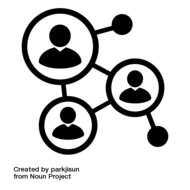
(View Complete Item Description)
In this course, the student will study the poetry of John Milton, focusing on the texts and contexts that are relevant to Milton's oeuvre. Who was John Milton, and how did he manage to write Paradise Lost? By the end of this course, the student will possess a comprehensive understanding of Milton, his times, and his works. Upon completion of this course, students will be able to: explain the social and historical context of John Milton's work; define some of the most important ideas related to Milton's life and times, including (but not limited to) Calvinism, Puritanism, Protestantism, Neo-Classicism, and Predestination; provide accounts of the life of Charles I, the significance of the British Commonwealth, and the Restoration of the Monarchy; explain Milton's major philosophies, his politics, and his religious beliefs; describe Milton's chosen literary forms and rhetoric; provide a brief account of Milton's life, his relationship to Cavalier Poetry, his early elegies and eulogies, and his pastoral elegies, sonnets, and odes; list and describe the major plot developments that occur in Paradise Lost as well as Paradise Regained; analyze and describe both Paradise Lost and Paradise Regained in terms of their respective treatments of Biblical versions of Heaven and Hell, the Creation, Predestination, gender relations, representations of human nature, and the Fall of humankind; discuss the formal aspects and structure of both Paradise Lost and Paradise Regained and analyze and describe both of these works in terms of their epic styles and conventions. (English Literature 402)
Material Type:
Full Course,
Lecture,
Lecture Notes,
Reading,
Syllabus




















